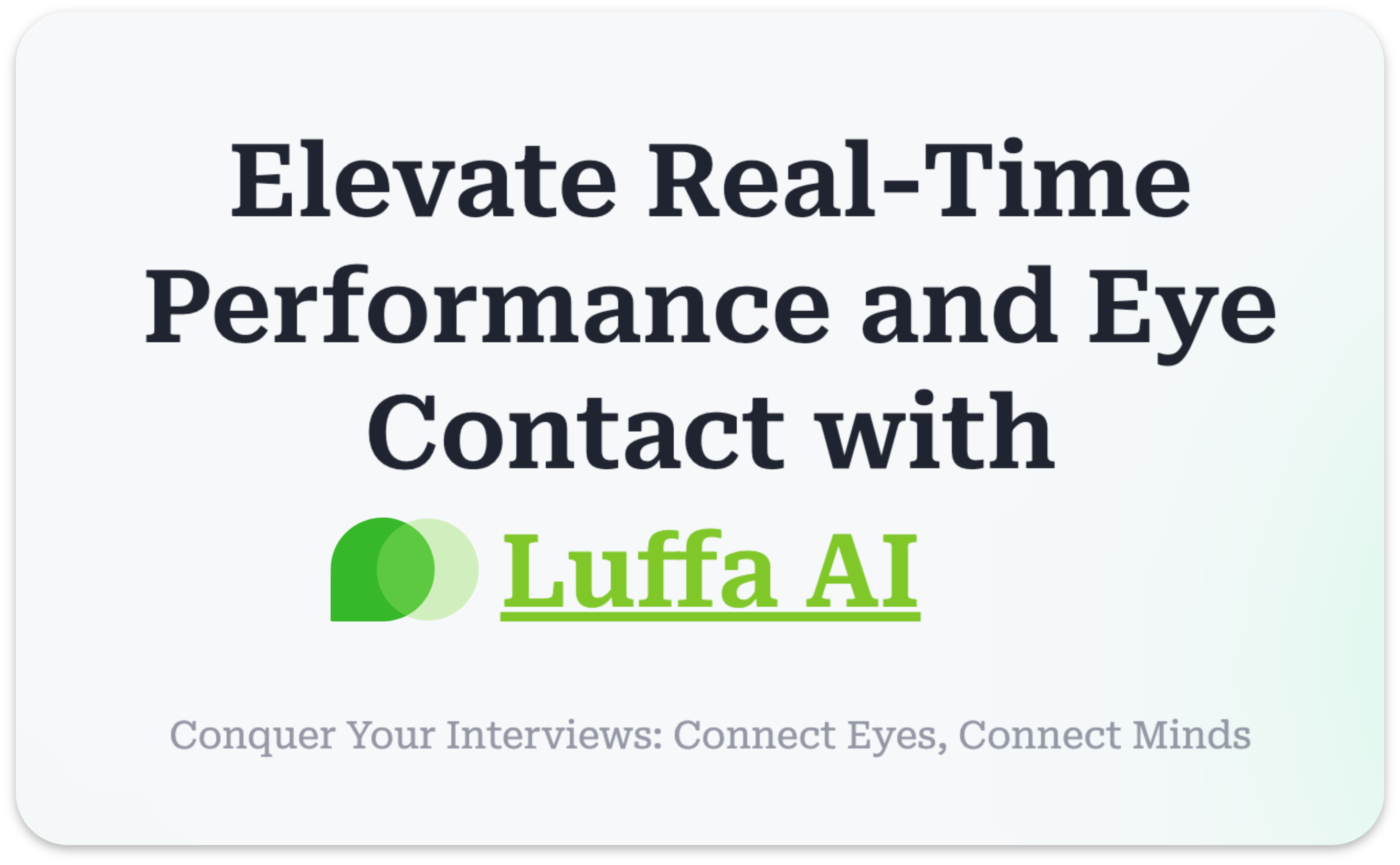As organizations increasingly adopt AI technologies in recruitment, understanding the potential risks associated with these tools becomes paramount. From biases in algorithms to the loss of human touch, the integration of AI can introduce several challenges that both candidates and employers must navigate.
One major concern is the potential for biased outcomes due to flawed data sets used in training AI systems. When historical hiring data reflects past biases, the AI may inadvertently perpetuate these biases, leading to unfair hiring practices. This issue not only affects candidates but can also damage a company’s reputation and lead to legal implications.

Addressing Biases and Improving Fairness
To mitigate risks associated with AI in recruitment, organizations should prioritize transparency and accountability within their AI systems. Regular audits of algorithms and data sets are essential to identify and rectify biases before they impact hiring decisions. Furthermore, incorporating diverse teams in the development of AI tools can provide various perspectives that help reduce inherent biases.
Enhancing Interview Preparation with Technology
In addition to addressing biases in recruitment processes, candidates can leverage technology for their own preparation. Tools like AI Interview Copilot offer innovative solutions for improving interview skills through realistic simulations and personalized feedback.
Luffa AI stands out as a comprehensive solution for job seekers looking to enhance their interview readiness. With features such as automated interview summaries and real-time copilot assistance, users gain valuable insights into their performance. This technology not only prepares candidates for traditional interviews but also equips them for virtual scenarios where they may face unique challenges.

The Role of Continuous Improvement
Adopting a mindset of continuous improvement is crucial for both organizations and individuals navigating the evolving landscape of recruitment technology. Candidates should regularly practice their skills using platforms like Mock Interview Assistant, which allows them to simulate various interview scenarios tailored to specific roles or industries.
Conclusion
Understanding the risks associated with AI in recruitment is essential for fostering fairness and transparency in hiring processes. By leveraging advanced tools like Luffa AI, candidates can prepare effectively while companies work towards eliminating biases within their systems. Embracing these technologies ensures a more equitable recruitment landscape for all parties involved.


